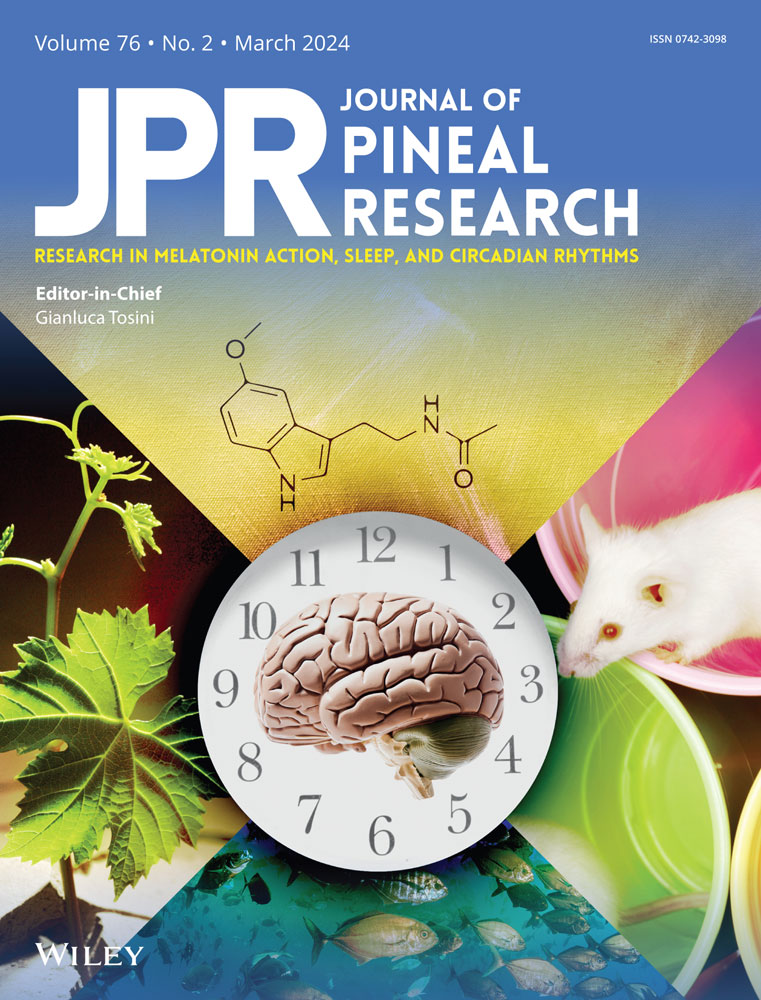Direct Peritoneal Resuscitation and Melatonin in the Treatment of Abdominal Sepsis-Induced Lung Injury via Macrophage Metabolic Reprogramming
Abstract
Abdominal sepsis and the resultant lung injury lead to high mortality rates, with macrophage metabolic dysfunction and subsequent immune dysregulation being key contributing factors. The clarification of the therapeutic value of direct peritoneal resuscitation (DPR) combined with melatonin in regulating macrophage metabolic reprogramming is crucial for the development of potential treatment strategies. Lipopolysaccharide exposure led to a decrease in mitochondrial membrane potential (MMP) of macrophage, morphological changes in mitochondria, and a substantial accumulation of reactive oxygen species (ROS) within the cells. Melatonin protects the stability of the mitochondrial electron transport chain (ETC) by enhancing the synthesis of Uqcrc1, thereby restoring macrophage function. Silencing Uqcrc1 effectively blocked this protective effect. In the rat sepsis model, DPR combined with melatonin enhanced the survival of alveolar macrophages (AMs) and reduced lung tissue damage. Importantly, in the DPR combined with melatonin treated group, the macrophage metabolic reprogramming was evident through enhanced oxidative phosphorylation and increased adenosine triphosphate (ATP) synthesis, both of which contributed to improved immune function and reduced inflammation. It is found that melatonin promotes the synthesis of Uqcrc1, stabilizing the ETC in macrophages. The combination of DPR and melatonin alleviated sepsis-induced lung injury in rats by modulating macrophage metabolic reprogramming.

 求助内容:
求助内容: 应助结果提醒方式:
应助结果提醒方式:


